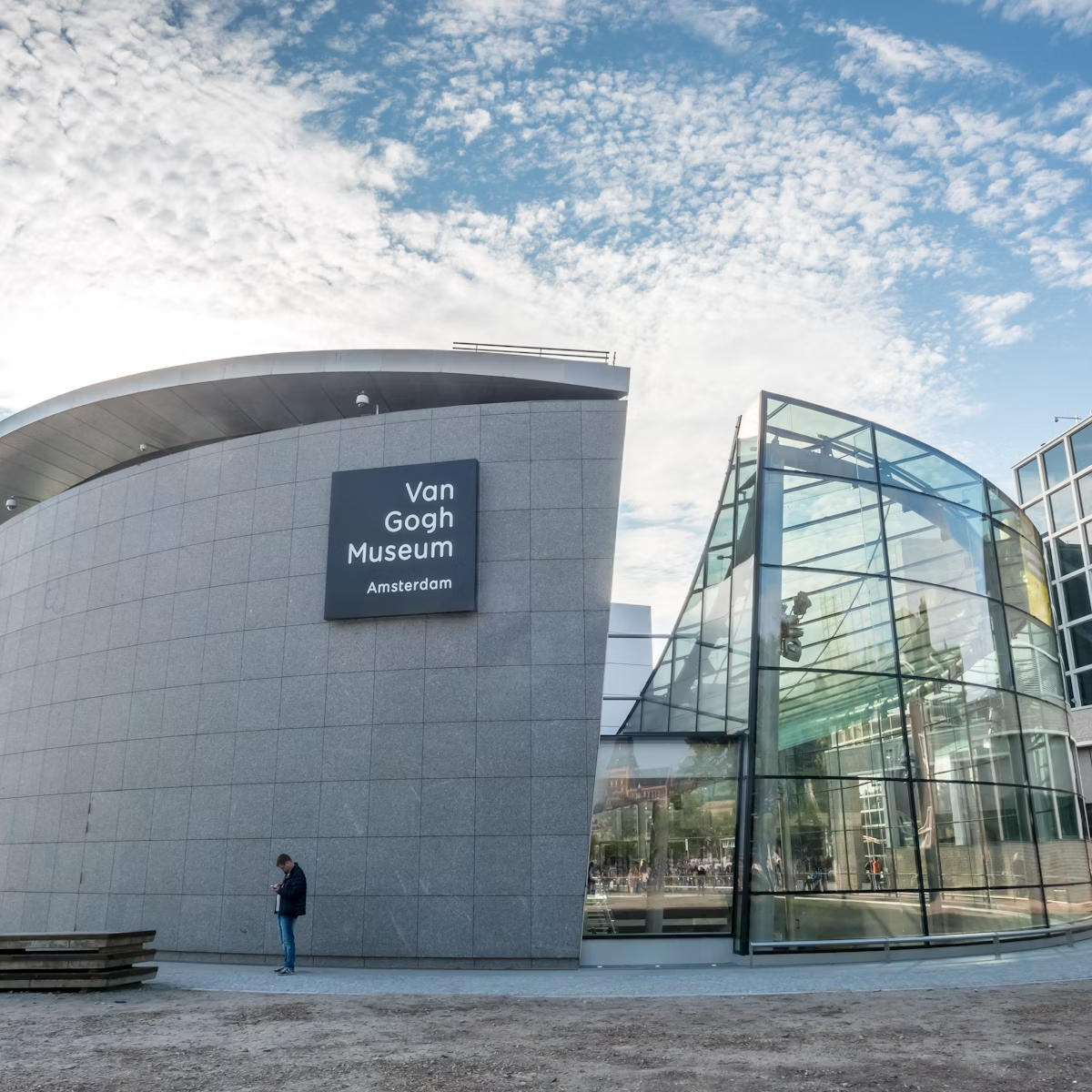Following the key Housing Act of 1901, which forced the city to rethink neighbourhood planning and condemn slums, De Dageraad housing estate was developed between 1918 and 1923 for poorer families. One of the most original architects of the expressionist Amsterdam School, Piet Kramer, drew up plans for this idiosyncratic complex in collaboration with Michel de Klerk.
De Dageraad
De Pijp
Lonely Planet's must-see attractions

0.92 MILES
This wonderful museum traces Van Gogh's life and artistic development via the world's largest collection of his work. More than 200 canvases are on…

1.09 MILES
Attracting over 12 million visitors per year, Amsterdam’s favorite playground is the green expanse of Vondelpark, with its 116 acres (47 hectares) of…

1.84 MILES
Visiting the Anne Frank Huis is one of Amsterdam's most profound experiences. Tragically, of the 107,000 Jewish adults and children deported from the…

0.9 MILES
The Netherlands’ top treasure house, the Rijksmuseum (pronounced ‘rikes’), is among the world's finest art museums. With over 1.5km of galleries, it packs…

1.34 MILES
Housed in Rembrandt's former home on lively Jodenbreestraat, this evocative museum provides an unparalleled insight into one of the Netherlands’ greatest…

24.79 MILES
Impressive for both its size and its magnificent stained-glass windows, Sint Janskerk had chequered beginnings: previous incarnations of the building…

29.64 MILES
This captivating museum consists of two sections, 300m apart: open-air Buitenmuseum, with more than 130 rebuilt and relocated dwellings and workshops, and…

1.06 MILES
Formerly a branch of St Petersburg’s State Hermitage Museum, H'Art Museum cut ties with Russia and now operates as an independent museum.
Nearby De Pijp attractions
0.32 MILES
While the Vondelpark is bigger in size and reputation, this tranquil English-style park delivers an equally potent shot of pastoral summertime relaxation,…
0.32 MILES
In the Sarphatipark, this 1886 temple incorporates a fountain, gargoyles and a bust of Samuel Sarphati (1813–66), after whom the park is named.
0.44 MILES
Some 260 stalls fill the Albert Cuypmarkt, Amsterdam's largest and busiest market. Vendors loudly tout their array of gadgets, homewares, flowers, fruit,…
0.46 MILES
Look up as you pass Ceintuurbaan 251: on the elaborately carved wooden gables of the 1884 neo-Gothic mansion here you'll see two cheeky lime-green goblin…
0.63 MILES
On the site of the company’s former brewery, Heineken's self-guided 'Experience' provides an entertaining overview of the brewing process, with a…
0.79 MILES
In 1796, following the French-installed government’s proclamation of religious freedom, De Duif became the Netherlands’ first Catholic church to be built…
0.85 MILES
These impressive sluices on the Amstel river, near Koninklijk Theater Carré, date from 1674 and are still in use to today. They allow the canals to be…
0.85 MILES
Looking more like a country house than a church, the pinewood Amstelkerk was erected in 1668 as a noodkerk (makeshift church) under the direction of the…